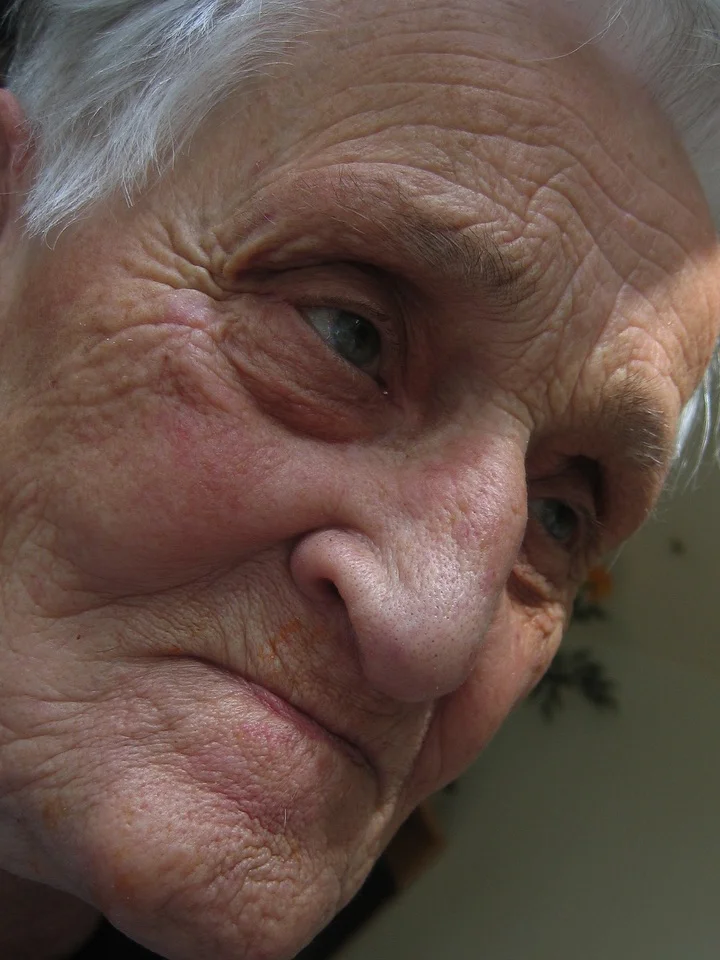Dementia: Symptoms, Types, Diagnosis, and More
Dementia is a word you might have heard, but it’s one of those things that can be hard to fully understand until it affects you or someone you love. Simply put, dementia is not just one illness but a group of symptoms that affect memory, thinking, and social abilities so severely that it interferes with daily life. When you think of dementia, you might think of memory loss. While that’s a big part of it, dementia is more than just forgetting things; it involves changes in thinking, behavior, and the ability to perform everyday tasks.
Understanding dementia can help you recognize the signs early and get the right care. Let’s dive into what dementia really is, what the different types are, and how doctors figure out if someone has it.
What is Dementia?

Dementia is a general term used to describe a decline in mental ability severe enough to interfere with daily life. It’s not a disease on its own but a set of symptoms caused by other conditions. These symptoms often start out mild but worsen over time, eventually leading to significant impairment in how a person thinks, remembers, and functions.
For example, if someone with dementia is cooking and forgets to turn off the stove, that’s more than just being forgetful—it’s a sign that their brain isn’t working the way it should. As dementia progresses, the person might not even remember how to cook at all or recognize familiar objects like a stove.
Symptoms of Dementia
Dementia can cause a wide range of symptoms, but the most common ones include:
- Memory Loss: This is usually the first and most noticeable symptom. People might forget recent events, conversations, or appointments. For instance, someone might tell you the same story over and over without realizing they’ve already told it.
- Difficulty Communicating: People with dementia often struggle to find the right words or follow conversations. They might start a sentence and then forget what they were saying or use the wrong words, which can make it hard to understand them.
- Poor Judgment: They might make decisions that seem out of character, like giving away large amounts of money to strangers or neglecting their personal hygiene.
- Confusion: They might get confused about where they are or what day it is. For example, someone might leave the house to go to work even though they retired years ago.
- Changes in Mood or Behavior: This can include anything from becoming easily upset or anxious to experiencing mood swings or depression. A calm person might suddenly become aggressive or paranoid.
- Difficulty with Coordination: They might have trouble with balance or get clumsy. Simple tasks like buttoning a shirt or tying shoelaces might become difficult.
Types of Dementia
There are several types of dementia, each caused by different underlying issues in the brain. The most common types include:
- Alzheimer’s Disease: This is the most common type of dementia, accounting for about 60-80% of cases. Alzheimer’s disease is marked by plaques and tangles in the brain that disrupt communication between brain cells. As these cells die, memory and thinking abilities decline.
- Vascular Dementia: This type occurs when there’s a problem with the blood supply to the brain, such as after a stroke. It often comes on suddenly, and the symptoms can vary depending on which part of the brain is affected.
- Lewy Body Dementia: This type is associated with abnormal deposits of a protein called alpha-synuclein in the brain. It can cause symptoms similar to Alzheimer’s, but people with Lewy body dementia often experience visual hallucinations and problems with movement.
- Frontotemporal Dementia: This type is caused by damage to the frontal and temporal lobes of the brain, which control personality, behavior, and language. People with frontotemporal dementia might behave inappropriately or lose the ability to speak coherently.
For example, someone with frontotemporal dementia might suddenly start making rude comments in social situations or develop a new interest in sweets, even if they never liked them before.
How is Dementia Diagnosed?
Diagnosing dementia can be tricky because there’s no single test that can tell if someone has it. Instead, doctors use a combination of methods to figure out what’s going on. If you or someone you know is showing signs of dementia, here’s what you can expect during the diagnosis process:
- Medical History: The doctor will start by asking about your symptoms, family history, and overall health. They’ll want to know when the symptoms started and how they’ve changed over time.
- Physical Exam: A physical exam helps the doctor rule out other conditions that might be causing the symptoms, like an infection or a vitamin deficiency.
- Cognitive and Neuropsychological Tests: These tests measure memory, problem-solving, attention, language, and other thinking skills. For instance, you might be asked to remember a list of words or draw a clock showing a specific time.
- Brain Imaging: Scans like MRI or CT can help identify changes in the brain that are associated with dementia. For example, an MRI might show areas of the brain that have shrunk, which is a common sign of Alzheimer’s disease.
- Laboratory Tests: Blood tests can check for issues like thyroid problems or vitamin deficiencies that could be causing the symptoms.
- Psychiatric Evaluation: Sometimes, symptoms like memory loss or confusion can be caused by mental health issues like depression or anxiety. A psychiatric evaluation can help determine if this is the case.
Treatment and Management
There’s no cure for dementia, but there are treatments that can help manage the symptoms. The type of treatment will depend on the type of dementia and the specific symptoms a person is experiencing.
- Medications: There are medications that can help with symptoms like memory loss or confusion. For example, cholinesterase inhibitors can boost the levels of a chemical messenger in the brain that’s important for memory and learning.
- Therapy: Cognitive therapies can help improve or maintain cognitive function for a while. Activities like puzzles, memory games, or even regular conversation can help keep the brain active.
- Lifestyle Changes: A healthy diet, regular exercise, and mental stimulation can help slow the progression of dementia. For example, walking every day or eating a diet rich in fruits, vegetables, and whole grains can be beneficial.
- Support: Caring for someone with dementia can be challenging, so it’s important to have support. This might include professional caregivers, support groups, or respite care to give family members a break.
One study found that caregivers who attended support groups felt less stressed and more capable of managing their loved one’s condition .
The Impact
Living with dementia is a journey that affects both the person with the condition and those around them. It’s important to understand that dementia progresses over time, meaning symptoms will get worse. As the condition advances, the person might need help with everyday activities like eating, dressing, or bathing. In the later stages, they might not recognize loved ones or even themselves in the mirror.
An example of the impact of dementia can be seen in how it changes relationships. A once-independent parent might become dependent on their child for care. This role reversal can be emotionally challenging for both parties. The child might struggle with seeing their parent in a vulnerable state, while the parent might feel frustrated or embarrassed about needing help.
Coping with Dementia

Coping with dementia is about more than just managing the symptoms; it’s also about finding ways to maintain quality of life. Here are a few tips:
- Routine: Keeping a regular routine can help reduce confusion and anxiety. For example, having meals at the same time each day and following a set bedtime routine can provide a sense of stability.
- Communication: As dementia progresses, communication can become difficult. Using simple sentences, speaking slowly, and being patient can make conversations easier. For example, if your loved one is struggling to find the right word, don’t rush them; instead, offer gentle prompts if needed.
- Safety: Making the home safe is crucial. This might include installing locks on cabinets with dangerous items, removing tripping hazards like loose rugs, and ensuring there’s adequate lighting.
- Engagement: Keeping the person with dementia engaged in activities they enjoy can improve their mood and reduce agitation. This could be anything from listening to their favorite music to gardening or looking through old photo albums.
Conclusion
Dementia is a complex condition that can be overwhelming to deal with, whether you’re experiencing it yourself or caring for someone who is. Understanding the symptoms, types, and how it’s diagnosed can help you navigate the journey more smoothly.
Remember, while there’s no cure, there are ways to manage the symptoms and maintain quality of life. If you suspect that you or someone you know might have dementia, don’t hesitate to reach out to a doctor for help. Early diagnosis and treatment can make a big difference in managing the condition and planning for the future.
Note: The information in this post is for educational purposes only and should not be taken as medical advice. If you or someone you know is experiencing symptoms of dementia or any other health concerns, please consult with a doctor or healthcare professional for proper diagnosis and treatment.

